In this third part of our series on American public opinion of foreign aid, now comes the question on most readers minds: what does this wealth of polling data tell us about the public’s opinion of foreign assistance during the Trump presidency? And perhaps more importantly, what can and should the development community do about it?
In part two of this three part series, Devex contributor John Norris analyzes why Americans might think the aid budget is bigger than it is and offers insights that can make messaging around aid much more effective.
The development community reacted with shock when President Donald Trump’s budget called for cuts of more than 30 percent to the U.S. foreign assistance program.
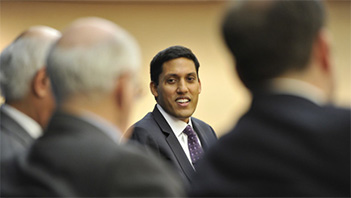
Despite holding a distinguished office with tremendous global influence, USAID administrators are rarely remembered for good or bad. To illustrate how they helped shape U.S. foreign policy, our five-part series on the history of USAID explores their greatest accomplishments and sharpest setbacks.
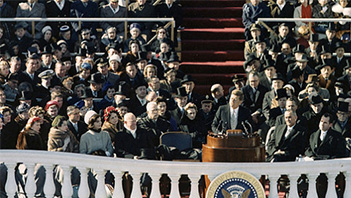
USAID's first three administrators from 1961 to 1969 had to contend with building an agency and shaping the direction it would take in the face of mounting bureaucracy. By the late 60s, the third administrator had to deal with a trifecta of challenges: population growth, famine and the Vietnam War.
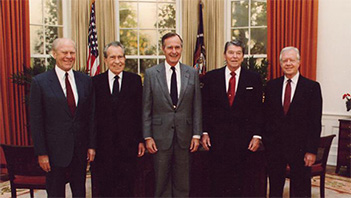
The period between 1969 and 1993 saw USAID having some of its best — and unarguably its worst — administrators in its history, thus far.
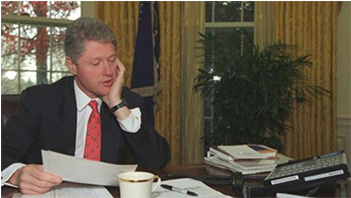
This decade is perhaps the most tumultuous in USAID history, as Brian Atwood fought for the agency's survival.

Despite the fervor of the post-9/11 ideology at that time, this period saw the launch of notable initiatives and reforms, including PEPFAR and USAID Forward.
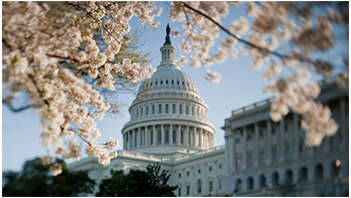
So what do we learn from looking back at the evolution of leadership at USAID and the track records of respective administrators? Several things stand out.
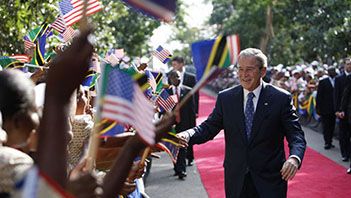
On balance, the Bush administration brought great sweeping, almost operatic, successes and failures and a nearly unrivaled boom in resources. It was a track record that naturally lent itself to discussions of legacies both good and bad.
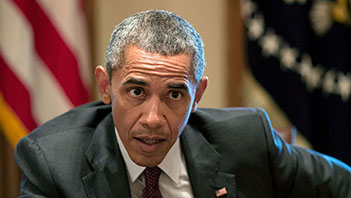
President Obama successfully maintained the historic increase of U.S. assistance levels, a rather remarkable feat considering a global recession, ongoing turmoil in the Middle East and Afghanistan, and a Republican-led Congress that at times seemed to veer into nihilism.

Three former U.S. aid chiefs — Peter McPherson, J. Brian Atwood and Andrew Natsios — have shared their thoughts on Devex's recent interactive series on the legacy of USAID administrators throughout the years. Here's what they said.

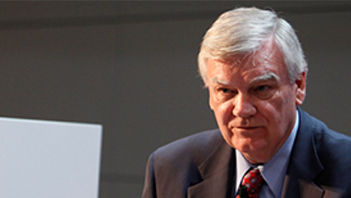
The story of the 1990s for the USAID was one of success in adversity. But credit should go to the great career professionals and the best set of professional political appointees the agency has seen, former USAID Administrator J. Brian Atwood writes in this op-ed.

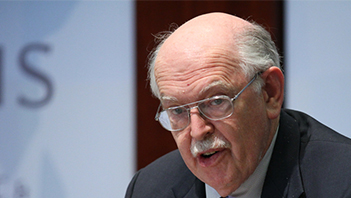
We need the history of USAID to not only thank those who’ve served, but also as an inspiration for the current USAID staff and the development community at large. More importantly, we need that history to underscore the importance of continuing to fund USAID, former Administrator Peter McPherson writes in this commentary.

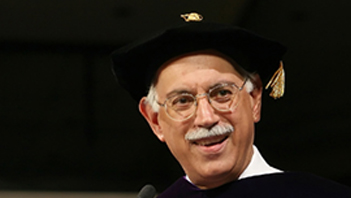
In this guest commentary, former USAID Administrator Andrew Natsios stresses in this guest commentary that each administrator's performance is better evaluated in the context of the presidents who appointed them and their foreign policy.